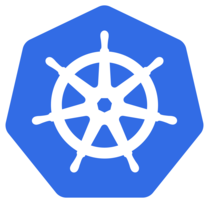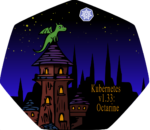
After releasing Kubernetes 1.13 back in December, the team behind the popular container orchestration system has now released Kubernetes 1.14.
According to the release team, Kubernetes 1.14 includes 31 enhancements, 10 of which are stable, 12 of which are in beta, and 7 that are new.
The main objectives of this release were to enhance extensibility and the ability to support more workloads on Kubernetes.
Kubernetes 1.14 adds support for Windows Nodes, which was previously a beta features. This means that organizations with Windows-based and Linux-based applications won’t have to look for separate orchestrators to manage workloads.
New updates in Kubectl include updated documentation, the availability of declarative Resource Config authoring capabilities of kustomize, and the stable release of the kubectl plugin mechanism.
The release team has also added support for persistent local volumes. According to the team, this feature “makes locally attached storage available as a persistent volume source.”
The team has also added Process ID (PID) limiting as a beta feature. This will allow administrators to isolate PID resources on a pod-to-pod and node-to-pod basis.
Other notable features include pod priority and preemption, pod readiness gates, and the hardening of default RBAC discover clusterrolebindings.
The release team also gave a glimpse into what is coming in Kubernetes 1.15. Some features to look forward to include an API for configuring advanced auditing capability in kube-apiserver; RuntimeClass Scheduling, which will allow for the use of RuntimeClass as a scheduling constraint; and topology-aware service routing, which will allow developers to implement “‘local service’ routing in arbitrary topological domains.”
More information on the 1.14 release can be found here.








